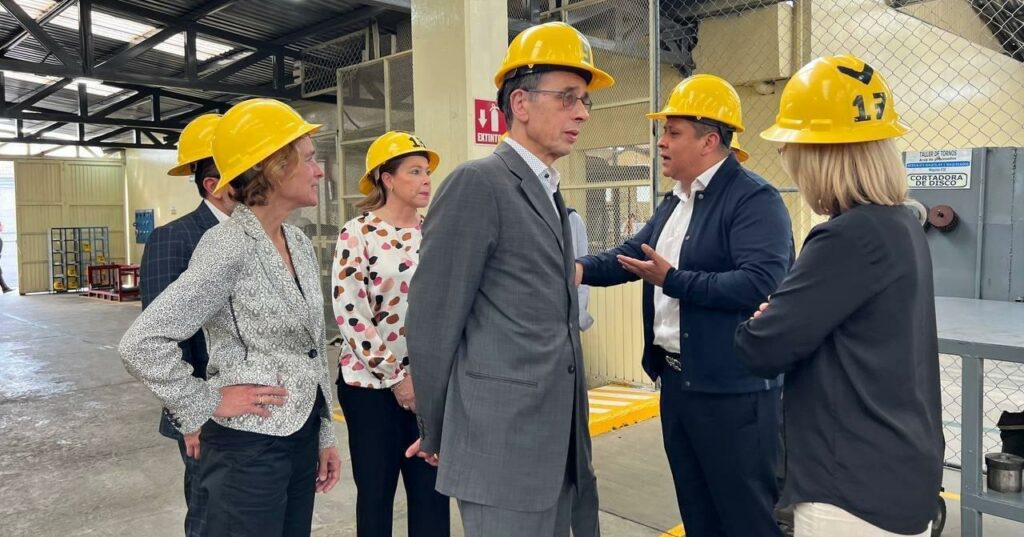ICCAL projects
ICCAL Lab
The main collaborative project of ICCAL, bringing together more than 40 Latin American and European researchers in thematic teams. It produces publications, seminars, and open resources.
National chapters
A national articulation platform connecting the Federal Supreme Court, universities, and civil society. It focuses on applying inter-American standards and comparative experiences in Brazil.
Communities of Practice
Explores how professional networks produce and circulate transnational human rights knowledge.
